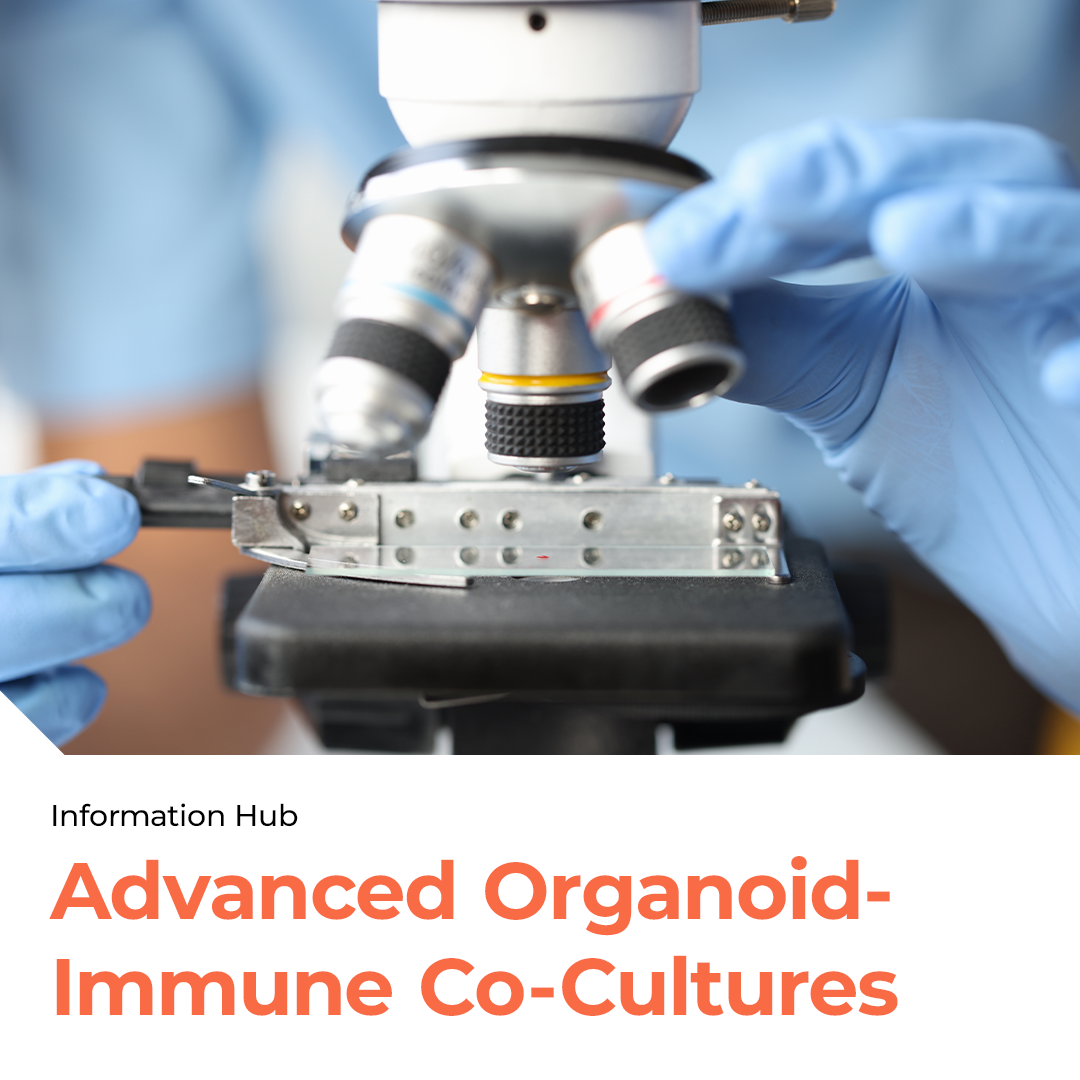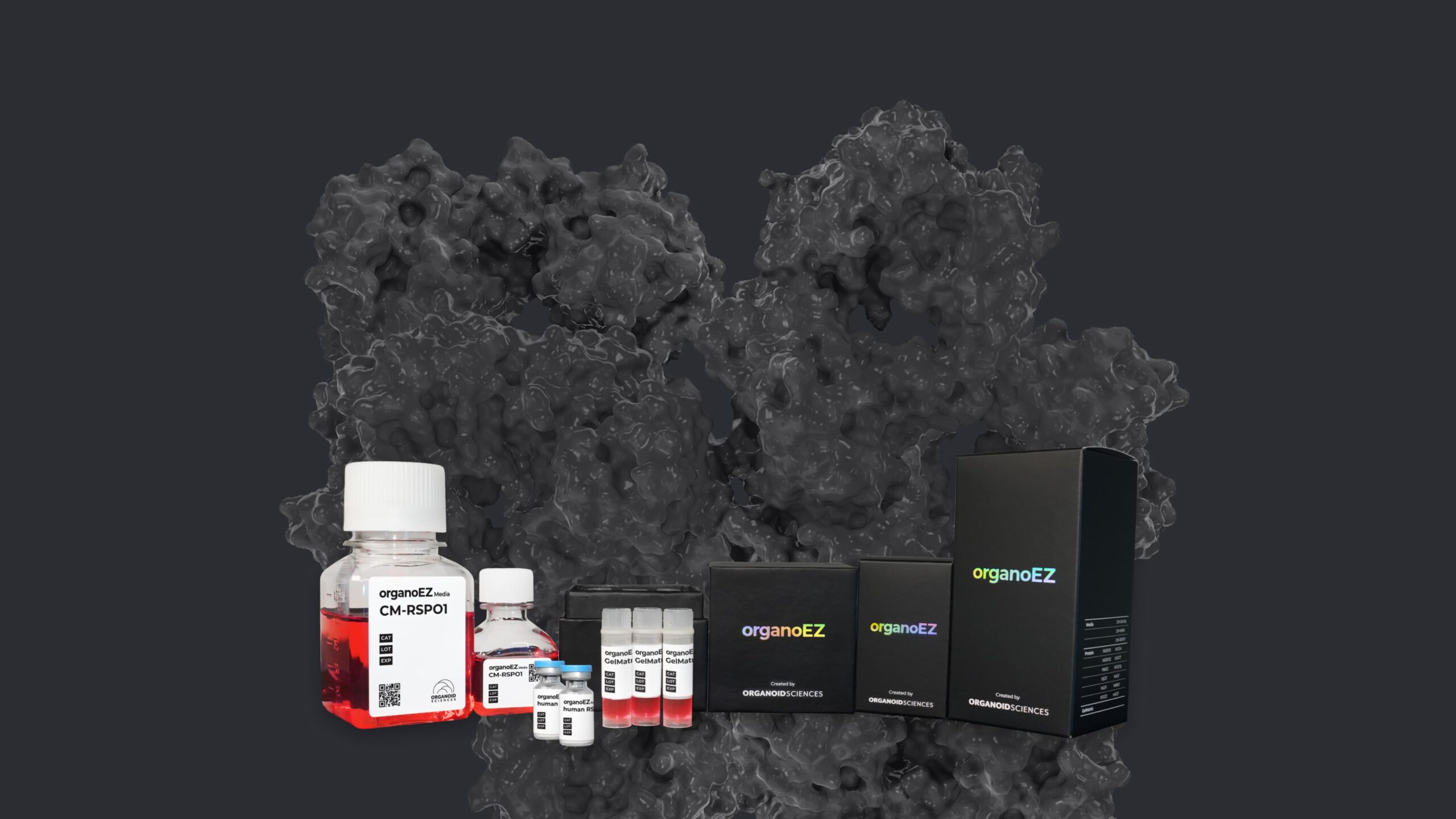Organoids are three-dimensional cell cultures derived from stem cells, offering new opportunities for precision medicine and personalized cancer treatment. However, they lack a complete tumor microenvironment (TME), including immune and stromal cells. To address this, strategies for co-culturing tumor organoids with immune cells are being developed, enhancing the study of cancer therapies.
Co-cultures allow for examining cellular interactions in the TME, identifying therapeutic targets, and facilitating biomarker and neoantigen discovery for vaccines. This process typically involves expanding immune cells in patient-derived tumoroids or adding immune cells to organoid cultures. No universal medium supports both cell types, so detailed pre-co-culture experiments are needed to determine optimal conditions.
Organoid cultures require cytokines like Wnt3a, EGF, Noggin, and R-spondin-1, while immune cells need IL-2, IL-7, IL-15, and IL-21. Co-culture models help study immune cell impacts on tumor growth, progression, and metastasis, and are crucial in immunotherapy research, evaluating and optimizing its efficacy.
Introducing pathogens into co-culture systems simulates cancer and inflammatory lesions, aiding the assessment of immunomodulation and immunotherapy responses. These models also help study innate immune-promoting T-cell effector functions.
Research is ongoing, with examples like co-culturing peripheral blood lymphocytes with non-small cell lung cancer organoids to acquire patient-specific T cells, and co-culturing dendritic cells with CD8+ T cells and gastric cancer organoids to predict treatment efficacy. Co-culturing CAR-derived cells with tumor organoids is critical for capturing molecular and cellular processes during immunotherapy, identifying target antigens, and predicting efficacy and toxicity.
Keywords: organoids, immune cells, co-culture, personalized medicine







